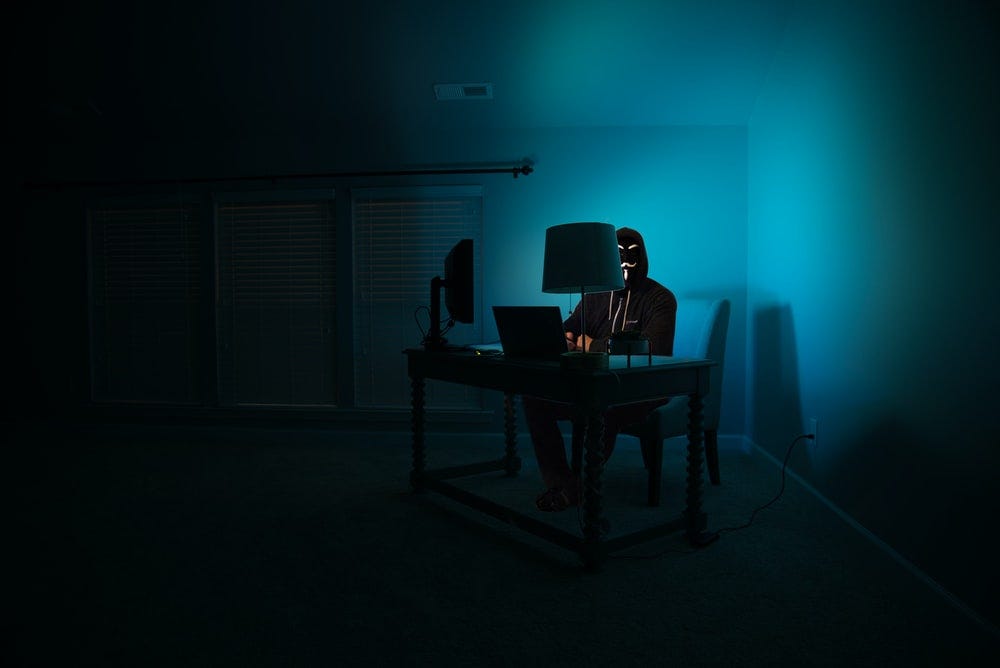Issue #5
Peeping Tom

The UK's National Cyber Security Centre said a hacking group called APT29 (Advanced Persistent Threat) had targeted British labs conducting vaccine research to "steal valuable intellectual property"
Hacking group called APT29, also known as The Dukes or Cozy Bear is said to be part of Russian state intelligence. Many democracies are under constant low grade cyber conflict with Russia, China, Iran and North Korea.
The UK, US and Canadian agencies said the hackers had exploited software flaws to get access to vulnerable computer systems, and had used malware called WellMess and WellMail to upload and download files from infected machines
But this is not the first for UK. A new report is to be released which contains clear analysis on confirmed Russian interference in the democracy of the UK, such as releasing secret government plans for the UK-US free trade deal.
Cyber could be the next frontier of war before there is any large scale conventional war.
Taking internet back

Governments may have struggled to regulate the internet, but new sovereigns have taken over instead. It is ruled today by the likes of Google, Facebook, Amazon, Alibaba, Tencent, and Baidu—a small handful of the biggest companies on earth.
Dfinity Foundation based out of Zurich, wants to change that and allow the creation of apps that can run on the network itself rather than on servers owned by Facebook, Google or Amazon. This week it is releasing its software to third-party developers, who it hopes will start making the internet computer’s killer apps.
It is introducing a new standard, which it calls the internet computer protocol (ICP). These new rules let developers move software around the internet as well as data. All software needs computers to run on, but with ICP the computers could be anywhere. Instead of running on a dedicated server in Google Cloud, for example, the software would have no fixed physical address, moving between servers owned by independent data centres around the world. “Conceptually, it’s kind of running everywhere”
Joining a list of organizations developing a range of alternatives, including Solid, SAFE Network, InterPlanetary File System, Blockstack, and others.
The great (fire) wall

The country has the largest and most sophisticated online censorship operation in the world.
Securing China’s “cyber sovereignty,” or protecting the country’s internet from undue foreign influence, is one of Xi’s avowed goals.
In spring 2015, Beijing launched the Great Cannon. Unlike the Great Firewall, which has the capacity to block traffic as it enters or exits China, the Great Cannon is able to adjust and replace content as it travels around the internet. One of its first targets was the US coding and software development site GitHub.
Recently China's Great Firewall descended on Hong Kong internet users.
It’s a joint effort between government monitors and the technology and telecommunications companies compelled to enforce the state’s rules. The stakes go beyond China, which is setting an example that other authoritarian countries can imitate. Critics fear if Russia and other like-minded countries follow China’s example and succeed in imposing restrictions on their citizens and global online companies, the vision behind the founding of the internet would seriously be hampered.
We are living in a world with not one but two internet and who knows many more to come. The Chinese internet would for sure be a world unto itself.



